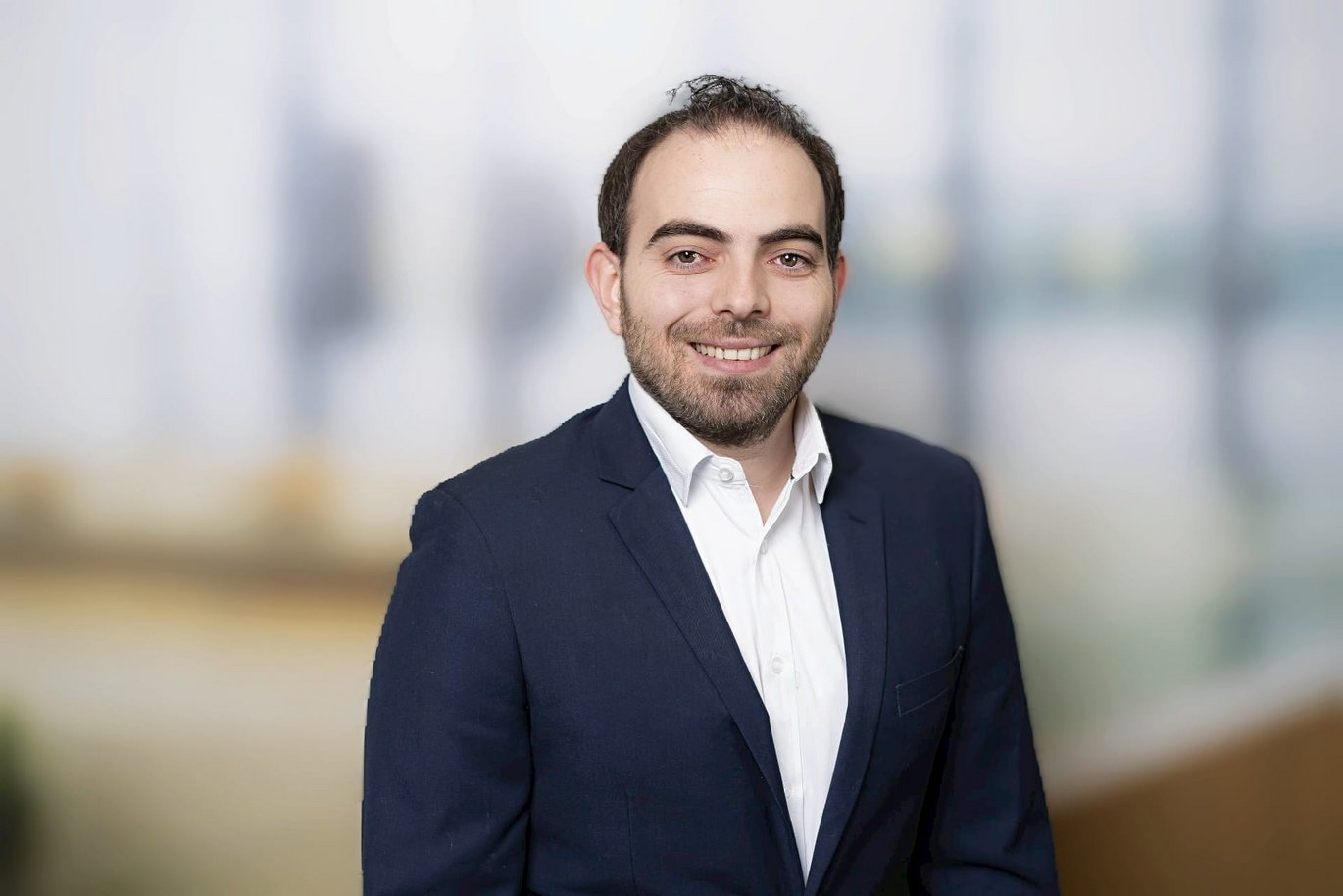CO2 electrolysis: How about microbes as catalysts
Seminar by Assistant Professor Ludovic Jourdin, Department of Biotechnology, Faculty of Applied Sciences, Delft University of Technology.

Oplysninger om arrangementet
Tidspunkt
Sted
Gustav Wieds Vej 10C, 8000 Aarhus C, Building 3130, Room 303
Arrangør
Abstract
The production of chemicals using CO2 and renewable energy as feedstock is a key aspect in achieving a sustainable society. Microorganisms have the ability to utilize cheap electrodes as their sole source of electron and energy, to enable the “electrical” upgrading of CO2 by so-called microbial electrosynthesis (MES). Typically, microorganisms are able to produce more complex and higher value molecules than heterogeneous catalysts, such as C2-C6 carboxylic acids and alcohols.
MES is a technology transcending the disciplines of microbiology, (electro)chemistry, and engineering, bringing opportunities and challenges. As the field looks to the future, further emphasis is expected to be placed on engineering efficient reactors for biocatalysts, to thrive and overcome factors which may be limiting performance. Overall, my group aims to identify, study, and overcome limitations across physical (nm to m) and time-scales towards scaling-up the technology. Major breakthroughs require a deeper understanding of the existing trade-off between electrochemical and microbiological requirements. Here I will discuss our work on the rational design of a scalable reactor to achieve higher productivities and energy efficiencies towards implementation of MES. We designed and built a plug-flow-like bioelectrochemical reactor comprising an optimized flow-pattern architecture. Together with a 3D-porous electrode, the new design allowed the continuous reduction of CO2 to even-chain C2-C6 carboxylic acids over a long period of time, up to 255 days. Robustness and stability of the biocatalysts are major advantages for industrial application. Most notably, the novel reactor architecture allowed to overcome microbial limitations achieving production rates now comparable to the highest rates reported in syngas (CO-H2) fermentation studies. In this talk, I will highlight key design parameters for efficient microbial CO2 reduction.
About myself
After graduating as chemical engineer from the University of Montpellier (France), I obtained my PhD in environmental biotechnology in 2015 from the University of Queensland (Australia), during which I investigated novel technologies for electricity-driven bioconversions. I then completed a 3-year postdoctoral position at Wageningen University, where my main focus revolved around the electricity-driven bioproduction of valuable chemicals from wastes such as carbon dioxide and organic waste streams. In October 2018, I started my independent career as assistant professor at Delft University of Technology. My group is interested in microbial electrochemical conversions that are relevant to nowadays’ global and societal challenges.
